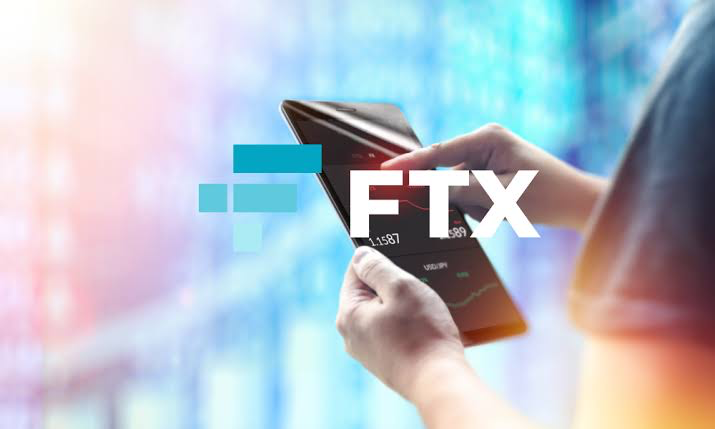The announcement significantly increases the overall amount that FTX has recovered since declaring bankruptcy last year and brings optimism to many customers who are worried that they won’t ever see their money again.

The cryptocurrency exchange FTX has recovered more than $5 billion in various assets, a bankruptcy lawyer claimed during a hearing on Wednesday without considering another $425 million in cryptocurrency held by the Securities Commission of the Bahamas.
“We have located over $5 billion of cash, liquid cryptocurrency and liquid investment securities measured at petition date value. [It] just does not ascribe any value to holdings of dozens of illiquid cryptocurrency tokens, where our holdings are so large relative to the total supply that our positions cannot be sold without substantially affecting the market for the token,” said Sullivan & Cromwell attorney Adam Landis on FTX’s behalf.
These are the most recent figures made public since BitGo, a business that FTX hired shortly after declaring bankruptcy on November 11 and hired to hold cryptocurrencies, revealed a $740 million amount in a court filing.

Bitgo was entrusted with seizing the assets of the defunct cryptocurrency exchange FTX, and on November 16 they said that they had done so with the recovery and security of $740 million in assets, just a small portion of the potentially billions of dollars missing from the company’s coffers.
Sam Bankman-Fried, the company’s founder and former CEO, and his henchmen utilized customer funds to place wagers in Bankman-trading Fried’s company, Alameda Research. Bankman-Fried was apparently seeking upwards of $8 billion from new investors in order to improve the company’s balance sheet.
The funds that BitGo was able to retrieve were kept secure in South Dakota’s “cold storage,” which is where cryptocurrencies are kept on disconnected hard drives. Under South Dakota state law, BitGo offers services that are referred to as “qualified custodians.” In essence, it provides segregated accounts and other security services to lock down digital assets; it is the crypto equivalent of a financial fiduciary.
California-based BitGo has a heritage of recouping and securing assets. They were given the responsibility of protecting assets after the cryptocurrency exchange Mt. Gox crashed in 2014. The company also serves as the custodian for the assets owned by the El Salvadoran government.